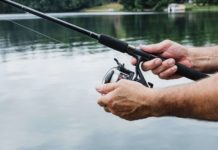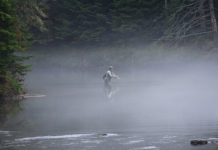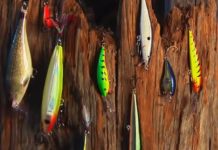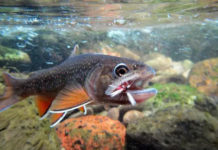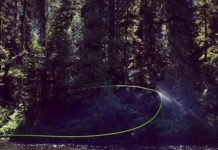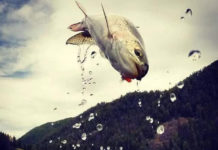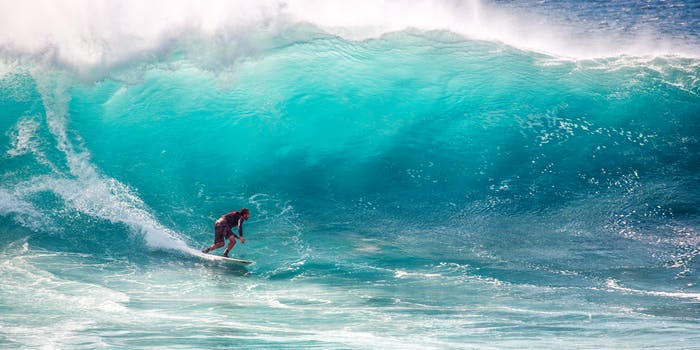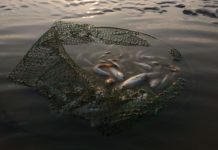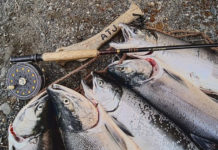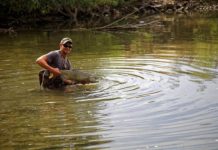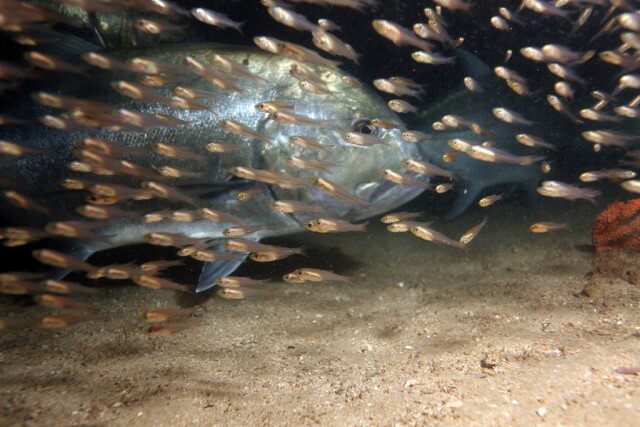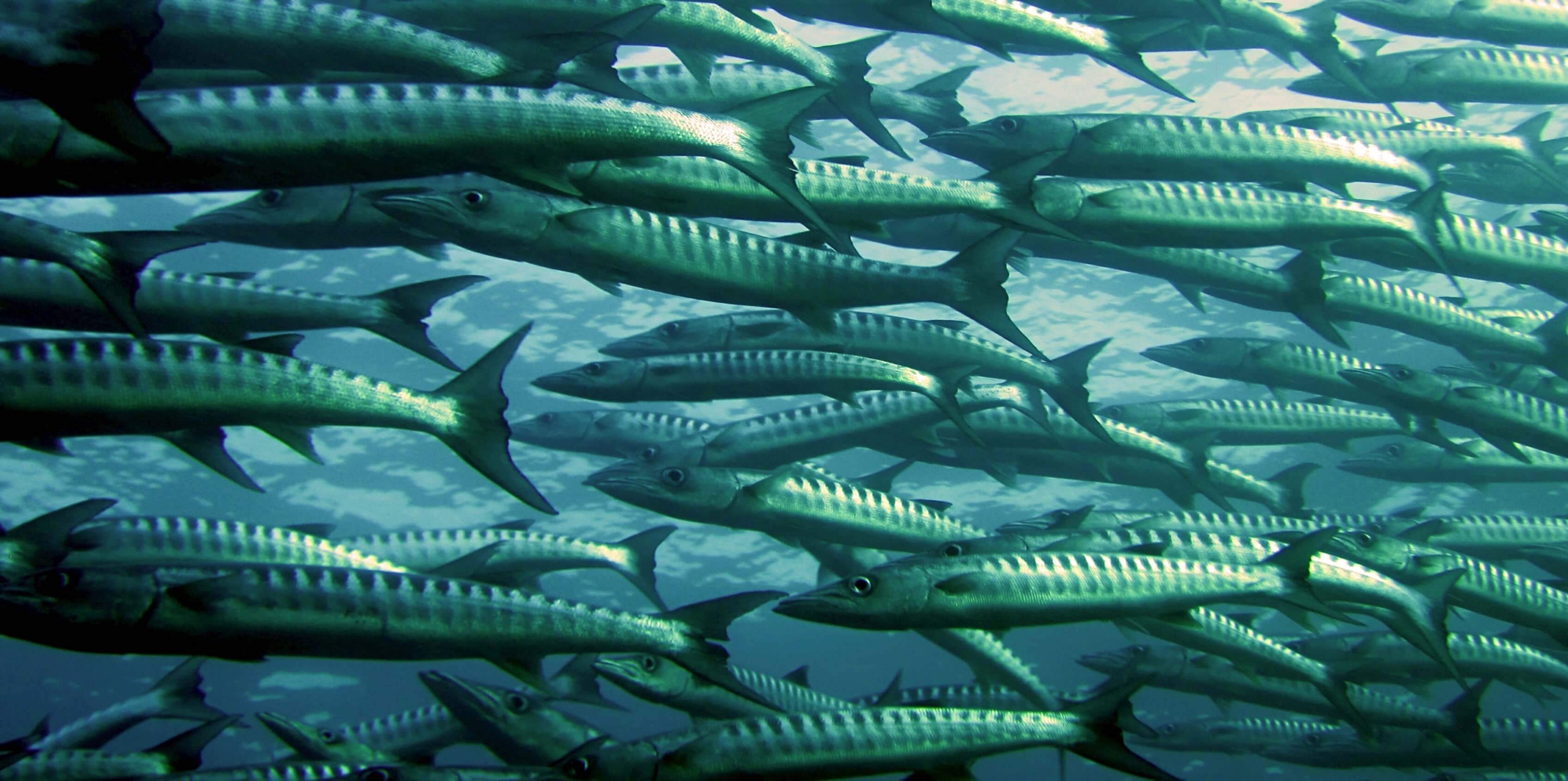It is well known that in many fishing competitions for freshwater and marine fish, rules are set for the death of fish and the release of fish from fishing. Such rules help to better enforce the relevant regulations and conduct recreational fisheries activities in harmony with the environment. In New South Wales, some fish are designated for sport fishing. In freshwater fish, domestic fish (except for some fully protected varieties) and trout are designated for sport fishing, commercial fishermen can only catch salmonids and some crustaceans; in marine fish, All tuna species are protected from commercial fishing, and a range of other varieties are partially protected by fishing gear. Many endangered species are completely banned from commercial and recreational fisheries.
In order to protect the environment, the development of fisheries is coordinated with the environment, resources and ecology to ensure the sustainable development of recreational fisheries and ultimately protect the legitimate rights and interests of fishery practitioners and consumers. These laws and regulations cover a wide range of issues, including the fishing license system, the total catch limit for fishing gear, the quota for recreational fisheries, special fish quotas and catch regulations.
In the United States, recreational fishing is very popular. According to the survey, the number of people participating in sport fishing in the United States accounts for about one-fifth of the total population of the United States. For fishing, some regulations issued by the United States are more detailed. There is a rule similar to ours, that is, fishing must be “certified to work”. The US government has enacted the Law on the Protection of Endangered Species, and has also established a Direct Coordinating Committee for Recreational Fisheries. It has strict regulations on no-fishing areas, fishing bans, fishing gear restrictions, minimum catch lengths, and allowable catches. Prevent excessive consumption of fishery resources.
People who fish in public waters must apply for a fishing license. Usually, the price is proportional to the length of validity of the certificate. You only need to pay $23 for the residents of Texas to apply for a fishing license. With this document, you can fish for free in public waters such as rivers and lakes. The money paid by anglers for fishing licenses is mainly used for fishing area construction and resource protection.
It is particularly worth mentioning that fishing in the United States requires everyone to learn to recognize fish before they are “certified to work”. There is a saying among them: people who cannot distinguish the type of fish are not qualified to pick up the fishing rod.

